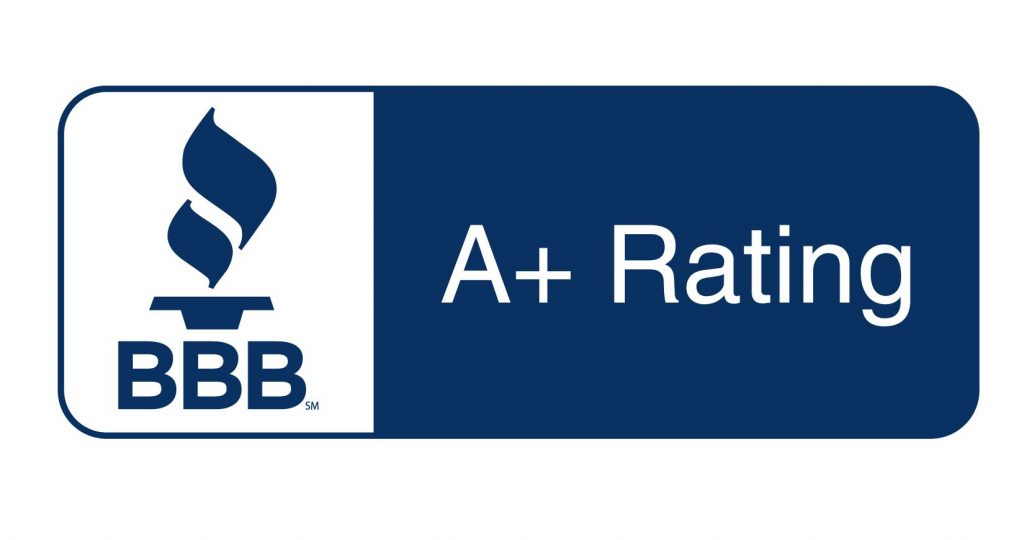Medicare Advantage Plans, sometimes known as Part C or MA plans, are an alternative to Original Medicare offered by private companies approved by Medicare. These plans can provide all your Part A and Part B coverage and often include additional benefits. As Medicare advisors, we often encounter a variety of questions from beneficiaries considering or currently enrolled in Medicare Advantage plans. Today, we’re going to address eight of the most frequently asked questions about Medicare Advantage plans.
1. What are Medicare Advantage plans, and how do they differ from Original Medicare?
A Medicare Advantage plan is an alternative to Original Medicare, provided by private insurers but approved and regulated by the federal Medicare program. While Original Medicare covers hospital (Part A) and medical (Part B) services, Medicare Advantage plans must offer at least the same level of coverage as Original Medicare. However, many MA plans include additional benefits like vision, dental, hearing, and even wellness programs. A key difference is that Medicare Advantage plans often have different out-of-pocket costs and restrictions on where and how you can receive care.
2. Who is eligible to enroll in a Medicare Advantage Plan?
To be eligible for a Medicare Advantage Plan, you must have both Medicare Part A and Part B and live in the plan’s service area. Most people are eligible for Medicare when they turn 65, but those under 65 with certain disabilities or conditions like End-Stage Renal Disease (ESRD) may also qualify. It’s important to note that even if you have pre-existing conditions, you can still join a Medicare Advantage Plan during your initial enrollment period or during other specified enrollment periods.
3. What types of Medicare Advantage plans are there?
There are several types of Medicare Advantage plans available, each with its own set of rules, costs, and coverage options.
Health Maintenance Organization (HMO) Plans: These require you to use healthcare providers in the plan’s network and may require referrals for specialists.
Preferred Provider Organization (PPO) Plans: These offer more flexibility in choosing doctors and do not usually require referrals for specialists, but going to providers in the network will cost less.
Private Fee-for-Service (PFFS) Plans: These determine how much they will pay providers and how much you must pay when you get care.
Special Needs Plans (SNP): These are tailored for people with specific healthcare conditions or characteristics.
Medical Savings Account (MSA) Plans: These combine a high deductible health plan with a bank account. Medicare deposits money into the account, and you can use it to pay for healthcare services.
Each type of plan has its own network rules and coverage implications, so it’s important to understand the specifics of each plan type when considering your Medicare options.
4. How do I compare the costs and benefits of different Medicare Advantage plans?
Comparing the costs and benefits of different Medicare Advantage plans involves a few key steps.
First, make sure you understand the premiums. While you’ll still need to pay your Medicare Part B premium, Medicare Advantage plans may have their own separate premium. Some plans may have premiums as low as $0.
Second, know the out-of-pocket costs. Look at deductibles, copayments, and coinsurance. Plans can vary significantly in these areas. Check the out-of-pocket maximum limit as well, as this is the most you would have to pay for covered services in a year.
You’ll also need to compare coverage details. Beyond just hospital and medical coverage, examine what extra benefits each plan offers, such as dental, vision, hearing, or wellness programs.
One of the most important things to consider is the plan’s provider network. Ensure that your preferred doctors, hospitals, and pharmacies are in-network to avoid higher fees.
Lastly, check the star ratings. Medicare rates plans based on quality and performance. Higher star ratings can indicate better quality and satisfaction.
5. What are the enrollment periods for Medicare Advantage plans?
There are specific times when you can enroll in, switch, or drop a Medicare Advantage Plan.
Initial Enrollment Period (IEP): This is when you first become eligible for Medicare, typically when you turn 65. You have a 7-month period to enroll, which includes the three months before your birthday month, your birthday month, and the three months after.
Annual Election Period (AEP): Also known as the Open Enrollment Period, it runs from October 15 to December 7 each year. During this time, you can join, switch, or drop a plan. The changes will take effect on January 1 of the following year.
Medicare Advantage Open Enrollment Period: From January 1 to March 31 each year, if you’re already enrolled in a Medicare Advantage plan, you can switch to another Medicare Advantage plan or go back to Original Medicare once during this period.
Special Enrollment Periods (SEPs): Certain circumstances, such as moving out of your plan’s service area, losing your current coverage, or other life events, may qualify you for a SEP, allowing you to make changes outside of the regular enrollment periods.
6. How do Medicare Advantage plans cover prescription drugs?
Most Medicare Advantage plans include prescription drug coverage (Part D). The prescription portion of your coverage will work the same way as stand-alone Part D plans do. Check the plan’s drug formulary to make sure all your current medications are covered under the new plan.
Always review the drug coverage of a Medicare Advantage plan to ensure it meets your medication needs and understand how the costs will work.
7. Are there any extra benefits included in Medicare Advantage plans?
Yes, one of the appealing aspects of Medicare Advantage plans is that they often include extra benefits that aren’t covered by Original Medicare, such as dental benefits, vision and hearing care, wellness programs, over-the-counter benefits, transportation, and telehealth services.
These additional benefits can vary widely between plans, so it’s important to review the specific benefits of each plan when comparing your options.
8. How does coverage work when traveling with a Medicare Advantage plan?
Coverage when traveling will depend on the type of Medicare Advantage plan you have. Most Medicare Advantage plans now offer nationwide reciprocity, which means you can get care in any state as long as the provider is contracted with the insurance carrier.
For any plan, emergency and urgently needed care is typically covered if you’re traveling in the U.S. If you travel frequently or spend part of the year in a different area, consider a plan that has more flexible rules about where you can get care or look specifically into how the plan manages care when you’re away from home. For international travel, most Medicare Advantage plans don’t cover care received outside the United States, so you might want to consider additional travel health insurance.

Ready to Enroll in Medicare Advantage?
As your Medicare advisors, Carolina Senior Benefits is here to help you navigate these options and find the best plan for you. Remember, it’s important to review and compare plans annually, as your health needs and plan offerings may change. If you have more questions or need personalized advice, please don’t hesitate to contact us at Carolina Senior Benefits. We’re dedicated to ensuring you have the information and support you need to make the best decisions for your healthcare coverage.





